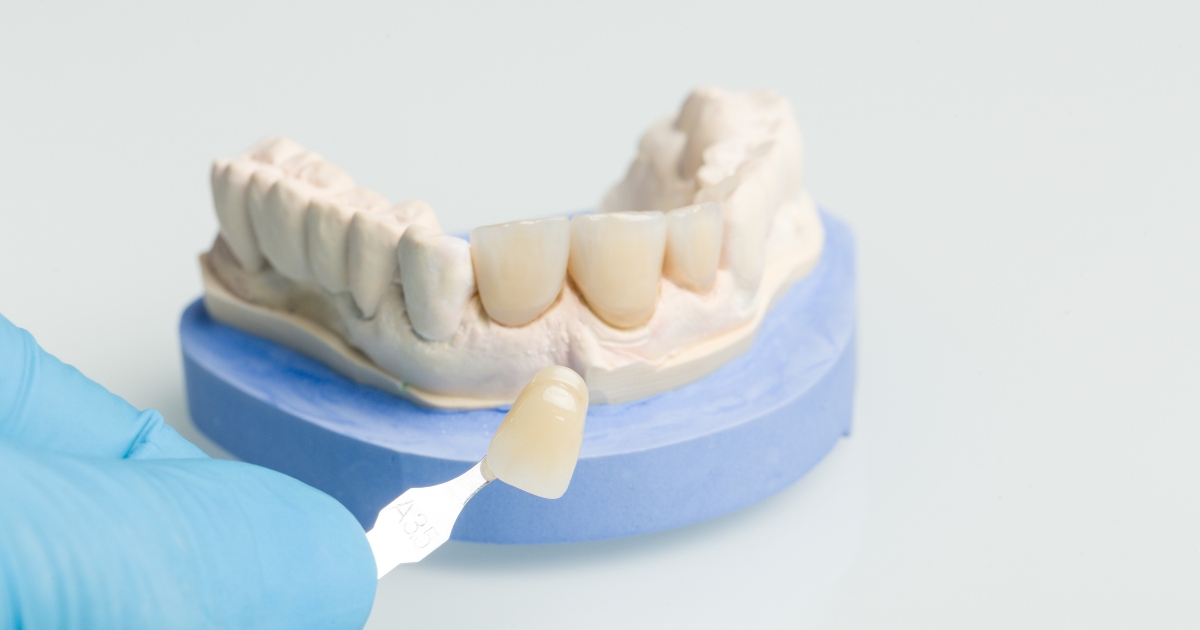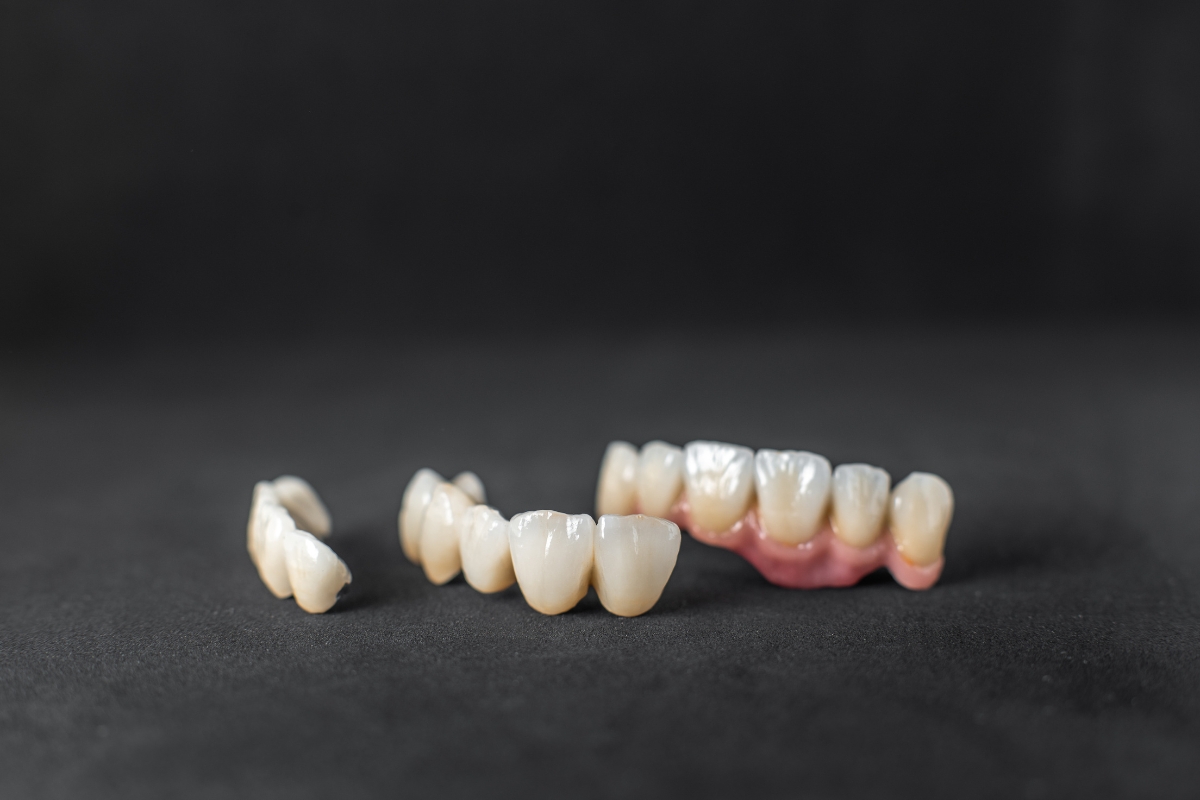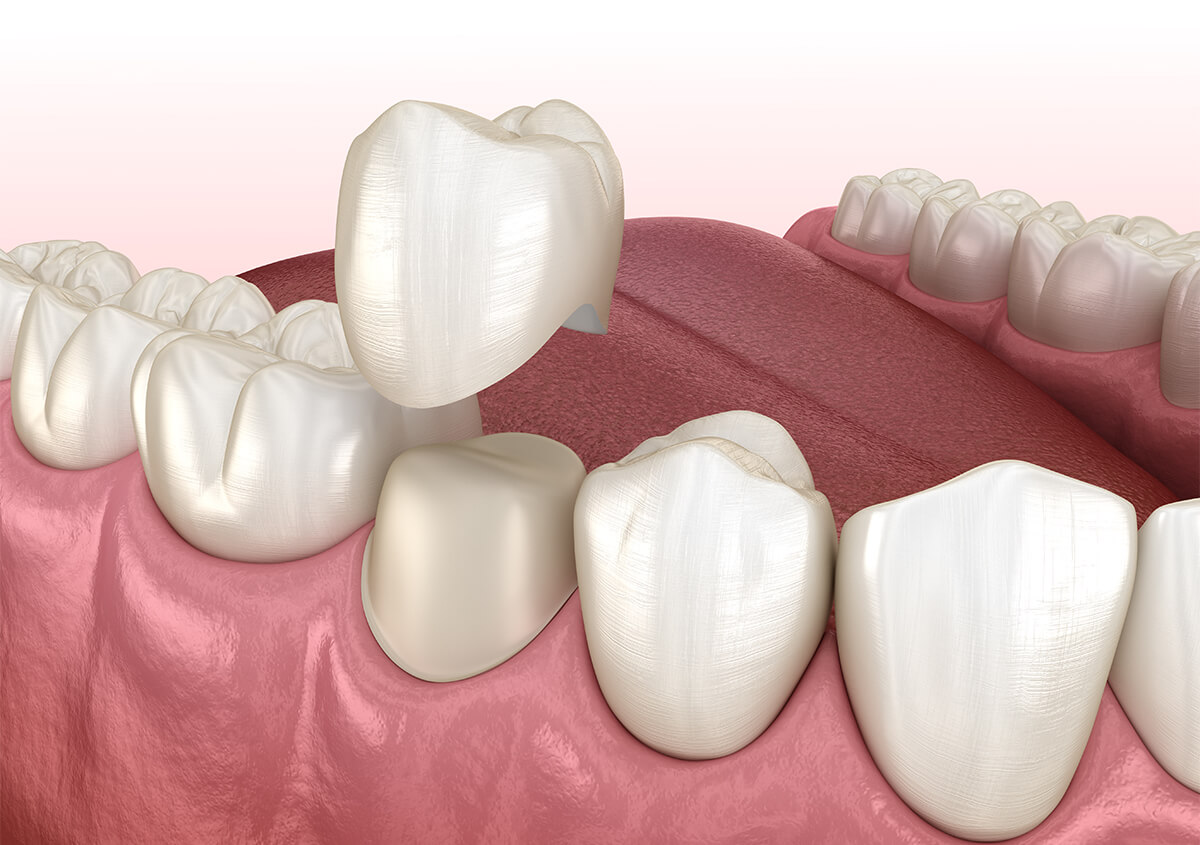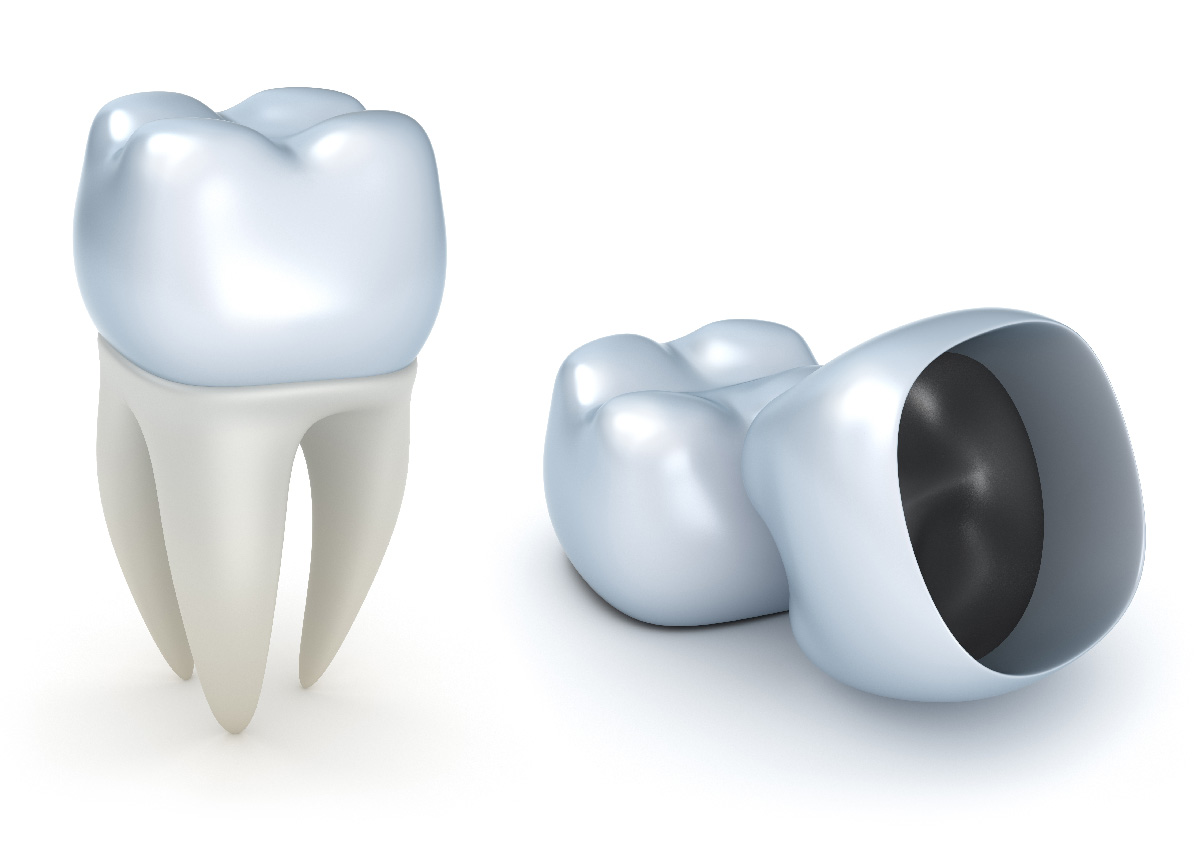Understanding Dental Crown Maintenance: Tips from St. Louis Dentists

Getting a dental crown is a great way to protect and strengthen a damaged tooth, but maintaining it properly is key to long-lasting benefits. Dental crowns are a significant investment in your smile, and with the right care, they can look great and function well for years. Below, we cover essential tips for dental crown maintenance to help keep your crown—and your entire smile—in top shape.
Why Dental Crown Maintenance Matters?
Dental crowns protect damaged or weakened teeth by capping them with a custom-made covering that restores their shape, strength, and appearance. However, even though crowns are durable, they still require regular care to stay in excellent condition. Good dental crown maintenance can help prevent common issues like staining, cracking, or decay around the edges, keeping your smile bright and your dental work secure.
Everyday Care for Dental Crowns
Your daily dental care routine can have a big impact on the longevity of your dental crowns in St. Louis. Here are some simple yet effective tips:
- Brush Twice a Day: Use a soft-bristled toothbrush to avoid scratching the crown’s surface. Gently brush all areas around the crown, including the gum line, to remove plaque and food particles.
- Floss Daily: Carefully floss around your dental crown to prevent plaque buildup. Special floss or interdental brushes can be helpful in reaching tricky areas.
- Use Fluoride Toothpaste: Fluoride strengthens teeth and helps prevent decay along the gum line, which can be an issue around crowns.
- Rinse with Mouthwash: Antibacterial mouthwash can reduce harmful bacteria and help prevent gum disease. Choose an alcohol-free variety to avoid damaging the adhesive bond of your crown.
These habits, when practiced consistently, are the foundation of good dental crown maintenance, and they support overall dental health as well.
Tips to Avoid Damage to Your Dental Crown
While crowns are resilient, they are not invincible. Following these steps can help protect your crown from wear, damage, or unexpected accidents:
- Avoid Chewing Hard Objects: Chewing on hard items, like ice, pens, or hard candies, can crack or chip a crown. Choose softer foods and cut tough items into smaller, more manageable pieces.
- Steer Clear of Sticky Foods: Sticky or chewy foods, such as caramel or taffy, can pull at your crown and weaken its bond to the tooth. These foods can also contribute to plaque buildup around the edges.
- Limit Staining Foods and Drinks: Crowns can stain over time, especially if exposed to coffee, red wine, or tobacco. Drinking through a straw or rinsing your mouth after consuming these can help.
- Wear a Mouthguard for Sports: If you play contact sports, a mouthguard protects your crown and natural teeth from sudden impact. Custom-fitted guards are best for maximum protection and comfort.
- Consider a Night Guard: Teeth grinding, or bruxism, can damage crowns. If you grind your teeth at night, a night guard will provide a cushion and prevent wear on your crown.
These protective measures are easy to implement and highly effective for maintaining the durability and appearance of your dental crown.
What to Expect at Your Regular Dental Visits?
Regular check-ups are essential for maintaining all aspects of oral health, including your crowns. Dentists will monitor your crown and ensure it stays in good shape. Here’s what typically happens during these visits:
- Examination of Crown Fit: Your dentist will check for any signs of loosening, cracking, or uneven wear. Small issues can often be fixed with simple adjustments.
- X-rays for Underlying Decay: X-rays allow your dentist to look under the crown for signs of decay around the crowned tooth or at the root.
- Professional Cleaning: Plaque and tartar can build up around the edges of a crown. A professional cleaning removes these and helps keep the gum line healthy.
Routine visits are essential parts of dental crown maintenance, catching early signs of trouble and giving you peace of mind about your oral health.
What to Do If You Notice Crown Issues?
Crowns are made to withstand years of use, but occasional issues can arise. Here’s what you should do if you notice any of these problems:
- Pain or Sensitivity: If your crown feels painful or unusually sensitive, contact your dentist. It may be a sign of underlying decay or a problem with the fit.
- Crown Feels Loose: A loose crown can eventually fall off, which can damage the tooth beneath. Contact your dentist as soon as possible to secure or replace the crown.
- Chips or Cracks: Minor chips may be repaired without removing the crown, but significant cracks could require a replacement. It’s important to address chips early to prevent further damage.
Taking action at the first sign of an issue can prevent small problems from becoming bigger, more costly ones. Regularly practicing good dental crown maintenance can often minimize the risk of these occurrences.
Dental Crown Maintenance
Dental crowns in St. Louis are designed to restore both the function and appearance of your smile, but they need regular care to last. Good dental crown maintenance includes consistent at-home care, routine dental visits, and a few lifestyle adjustments. With these tips, you’ll not only protect your crown but also contribute to a healthier, brighter smile.





